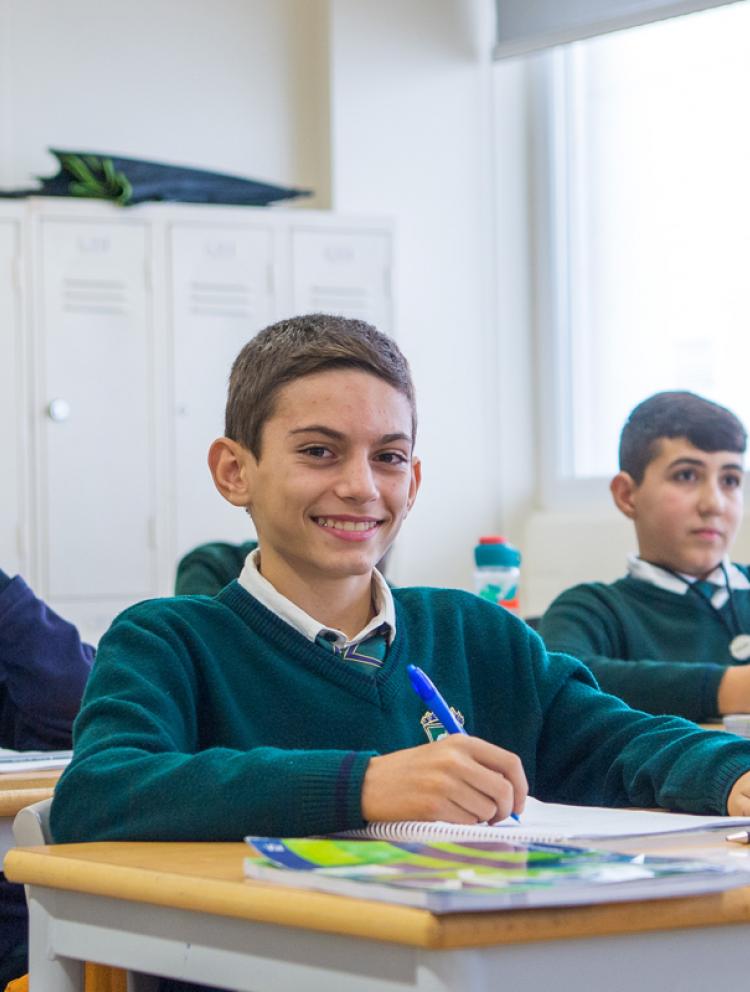WELCOME TO ST. PETER´S JUNIOR SCHOOL
With a differentiated curricular matrix focused on the students and their expectations, the Junior School at St. Peter's offers highly enriching experiences that directly impact their education.
The curriculum encourages students to work in groups and communicate in multiple languages, fostering a collaborative attitude. Digital literacy, divergent thinking, problem-solving skills, creativity, and analytical thinking play a prominent role, along with promoting good relational practices, sports, and art.
Throughout these two years, the English language remains a constant presence, equipping students with the necessary skills for fluent communication. Specific work sessions in English literature, public speaking, and drama are provided, preparing students for international certification exams from Cambridge University.
Moreover, students also have the opportunity to attend and obtain certification in Spanish, Mandarin, or German, in addition to English.
Pedro Mata | Head of Junior & Middle School















